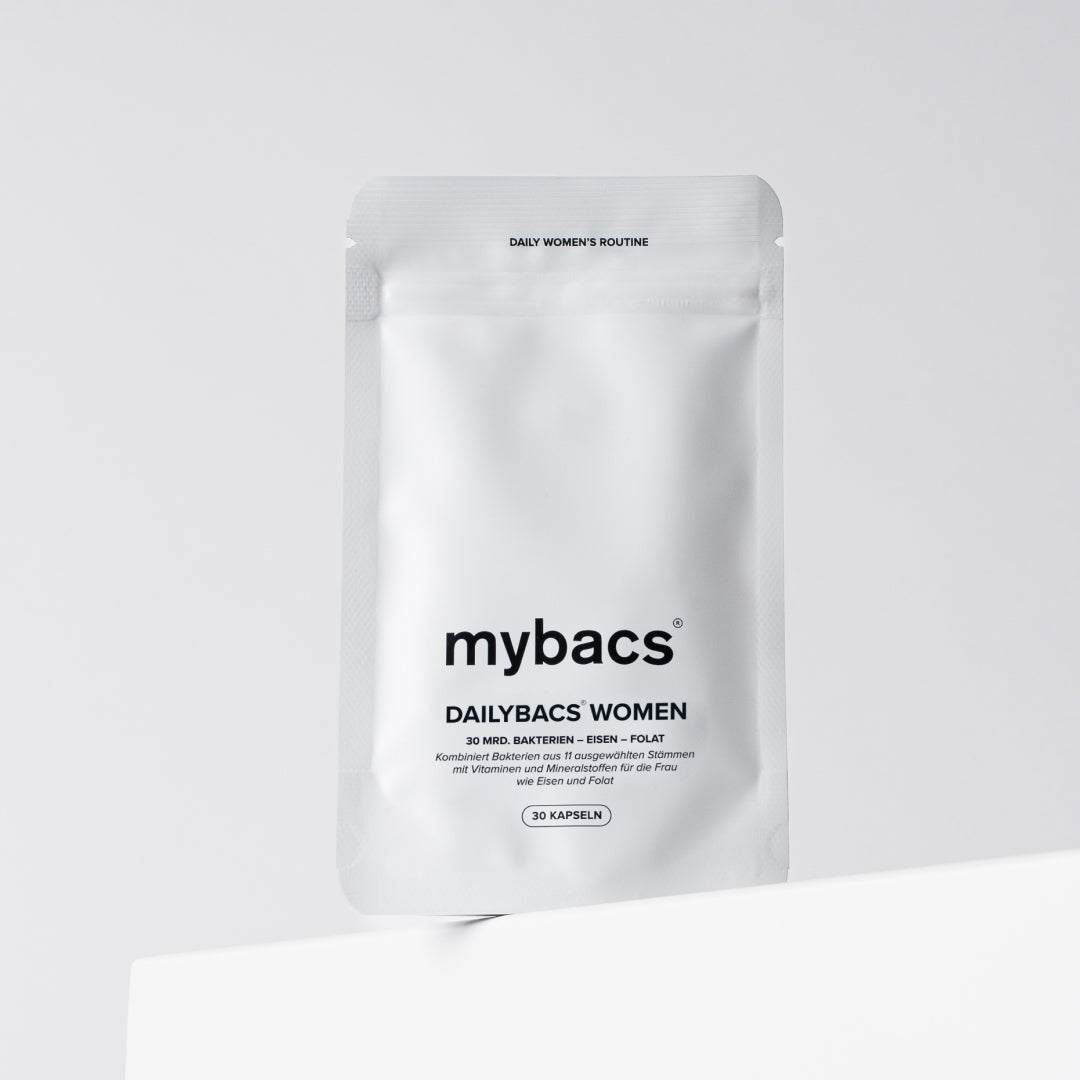Exactly one year ago, it began – the coronavirus pandemic. It presented humanity with previously unknown challenges, bringing with it not only a great deal of uncertainty, but also enormous information chaos and a wealth of misinformation. There was frequent speculation about which measures would reduce the likelihood of infection with COVID-19 or prevent severe cases. And it was precisely in this discussion that one vitamin frequently came up: vitamin D. To this day, this vitamin is on everyone's lips. The sunshine vitamin is important for bone and muscle health. It also contributes to the normal function of the immune system. And this is precisely the topic that is so relevant to all of us, especially in these times. This blog post is intended to give you the opportunity to acquire basic knowledge about this vitamin.
What exactly is vitamin D and what is it good for?
Vitamin D is a fat-soluble vitamin that is produced by the body when the skin comes into contact with sunlight. The human body is heavily dependent on the sun, as between 75% and 90% of the body's vitamin D is produced in response to sunlight, more specifically UV-B radiation. A further 10-20% of the vitamin can also be absorbed through food. However, it should be noted that the concentration in foods containing vitamin D is very low and therefore not sufficient to completely supply the organism! Especially in central Europe, a lack of sunlight can quickly lead to a vitamin D deficiency, especially in winter. Strong sun protection can also reduce vitamin D production in the body.
However, it is really important for the organism that there is a sufficient level of vitamin D in the body and, if this is not the case, the requirement is met through supplements if necessary. This is because the vitamin is responsible for numerous functions in the body. The most well-known function is probably the support of bone metabolism. Among other things, vitamin D promotes the absorption - i.e., the uptake - of calcium and phosphate from the intestine and is also responsible for the incorporation of these substances into the bones. This means that the vitamin plays a crucial role in bone mineralization! Furthermore, the vitamin is involved in a number of metabolic processes and in the formation of various proteins, as well as the control of certain genes.
But that's not all, because vitamin D also contributes to the normal function of the immune system. The vitamin may also play a role in the body's immune response to respiratory viruses (such as COVID-19), but the evidence on this is still insufficient and therefore inconclusive.
Are there differences between vitamin D?
Vitamin D belongs to a group of fat-soluble vitamins, the Calciferols, which includes vitamins D1 to D5. However, there are significant differences in effectiveness between these subtypes. Vitamin D3 differs from the other D vitamins in that it is the only one naturally produced in the body – the other D vitamins are synthetically produced. Vitamin D3 is advantageous in that, unlike the other D vitamins, it has higher bioavailability, meaning it is more easily absorbed by the body and thus works better. When purchasing vitamin D preparations, you should therefore make sure to choose vitamin D3 supplements.
What are the symptoms of a vitamin D deficiency?
Factors that contribute to vitamin D deficiency include climatic conditions. This means that unfavorable weather conditions and thus low UVB radiation can be the reason for reduced absorption of the vitamin – even in the summer months. Other factors that play a role include altitude, daily sunshine duration, ozone levels in the air, and air pollution.
But vitamin D absorption depends not only on the outside world, but also on factors within the body. These include, for example, age, skin color, weight, and lifestyle. Especially under current circumstances, when people are leaving their homes as little as possible, vitamin D deficiency can quickly develop because the body receives less sunlight than under normal conditions. This means that the time you spend indoors or your leisure activities also influence your body's vitamin D levels.
Vitamin D plays an important role in bone health—a deficiency can therefore lead to decalcification of the bones (although this tends to occur in severe cases). Other symptoms of a deficiency include decreased bone density, bone pain, and impaired calcium and phosphate metabolism. Low vitamin D levels can also lead to poorly healing bone fractures, respiratory infections, depression, and mood swings.
In general, when measuring vitamin D levels, it's important to remember that these are subject to strong seasonal fluctuations. So, if you have your vitamin D levels measured once and the result is low, it doesn't necessarily mean you suffer from a long-term vitamin D deficiency.
How much vitamin D does the body need?
Among other things, vitamin D saturation in the blood is highly dependent on location. In his bestseller "How Not to Die," American physician and author Dr. Michael Greger writes about foods that keep the body sustainably healthy and prevent disease. He recommends vitamin D supplementation for people living at a latitude above 50 degrees Celsius (e.g., Moscow, London, and Berlin). This is because the "vitamin D winter" can last up to six months of the year there, and natural absorption of the vitamin through the sun is therefore too low.
The NRV (Nutrient Reference Value) for vitamin D in the body is 5 micrograms per day. The NRV is a guideline for the recommended daily intake of nutrients.
Meanwhile, the British government recommends taking a 10 microgram daily vitamin D supplement between October and early March to ensure healthy vitamin D levels in the body. For some subgroups, especially older people, this recommendation even applies year-round.
Vitamin D and the immune system
As already explained, vitamin D not only affects bone health, but also metabolism and the immune system. Especially in times of little sun and during lockdowns, this can lead to a vitamin D deficiency. This, in turn, can affect our immune system and impair its effectiveness. Older people are particularly affected by this, as the skin's ability to produce vitamin D decreases with age.
In the study "The Vitamin D Receptor and T Cell Function," a Danish research team explains the interactions between vitamin D and the human immune system. They conclude that the vitamin activates important cells of the immune system—so-called killer cells. These, as the name suggests, are responsible for fighting pathogens and toxins in the body.
This means, in conclusion, that if there's too little vitamin D in the body, the body's killer cells are less activated, and thus the immune system is less effective. A weaker immune system, in turn, makes it easier for pathogens to penetrate the organism, and you get sick more quickly.






